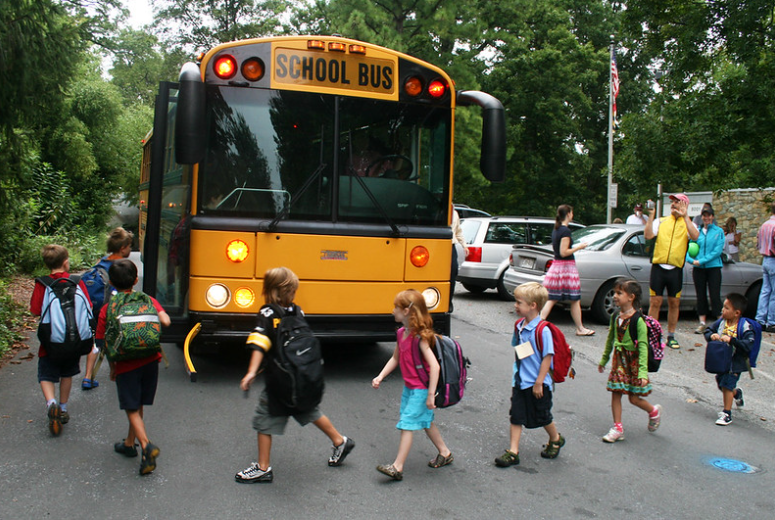I recently wrote about school choice and the financial aspects of it, explaining how Alabama taxpayers have put roughly $60 billion into a failing system over the past decade. We are now looking at returning money to the taxpayers so they can choose which schools – whether private, micro, or home – should get their education dollars.
But we must not forget those who will remain behind in the public school system. With over 700,000 students in Alabama’s public schools, there are hundreds of thousands of future leaders and employees who deserve – and to whom we owe – a good educational base to eventually fill our workforce and collegiate systems. And with certain ideologies – such as Diversity, Equity, and Inclusion (DEI), Critical Race Theory (CRT), and Social-Emotional Learning (SEL) – infiltrating public education, the foundational values that Alabamians hold dear could be undermined.
Let’s look at what these ideologies advance.
DEI focuses on diversity metrics, emphasizing privilege over achievement, thus compromising the true purpose of education and creating divisions among racial and ethnic groups. CRT also emphasizes race, making it the lens through which we view history, while SEL further encourages divisiveness by focusing on aspects of inequity.
While it’s important to understand different historical perspectives, it’s crucial to maintain a balanced and objective approach in education. Alabama’s education system should steer away from ideological narratives that potentially breed division and should instead work towards fostering an environment encouraging open-mindedness, critical thinking, and civil discourse.
Academic renewal in Alabama’s education system is not a rejection of progress; it is a reaffirmation of conservative principles. As such, Alabama should empower local institutions to make decisions that best align with the values and priorities of their communities. They should refocus on meritocracy, objectivity, academic excellence, and a respectful campus environment. They should teach students how to think, not what to think.
How do we as average Alabamians encourage this education renewal? Here are some steps we might consider:
Reach out to local and state legislators to express concerns about DEI, CRT, and SEL in curricula and advocate for policy changes that align with more conservative views on education.
Build grassroots support for these changes. This could involve organizing town hall meetings, seminars, or community discussions to raise awareness about these perspectives.
Use social media platforms to connect with a wider audience and garner support.
Utilize alumni networks and engage with those who share your concerns and seek their support. Alumni often have significant influence and can contribute to change by voicing their opinions and concerns.
Be willing to collaborate with educational institutions. Engage in constructive dialogue with college administrators, faculty, and staff. Present concerns and alternative perspectives in a respectful and informed manner. Don’t approach them with an emphatic “it has to be my way” attitude. Be willing to work towards finding common ground and potential compromises that address concerns while respecting academic freedom and diversity of thought.
Explore legal options to challenge the inclusion of specific ideologies in the curriculum. Consult with legal experts to understand the constitutionality of the curriculum content and explore whether any laws are being violated.
Attend and participate in Board of Trustees meetings. These meetings often discuss and decide various aspects of an institution’s policies, including curriculum. Use these platforms to voice concerns, present alternative viewpoints, and engage in a constructive dialogue with decision-makers.
Reach out to various media channels to raise awareness about the issues being addressed. Write op-eds, publish articles, and engage in interviews to communicate to a broader audience.
Once the removal of these divisive concepts from all levels of the educational system is accomplished, we must focus on and work towards changing the mindsets of teachers before they get to the classroom. This must be coupled with a sterner approach to Education Associations. Although a valuable asset regarding contract issues and representation, Education Associations must know that they are not the ones who are really in charge of schools.
Change in educational institutions can be a complex and lengthy process. It requires persistence, collaboration, and a willingness to engage in constructive dialogue with stakeholders. But staying informed about educational policies and trends will help you navigate the system more effectively.
Charles ‘Kip’ Kiplinger is the Vice President of the North Central Alabama Republican Assembly.
The views and opinions expressed here are those of the author and do not necessarily reflect the policy or position of 1819 News. To comment, please send an email with your name and contact information to Commentary@1819News.com.
Don't miss out! Subscribe to our newsletter and get our top stories every weekday morning.









